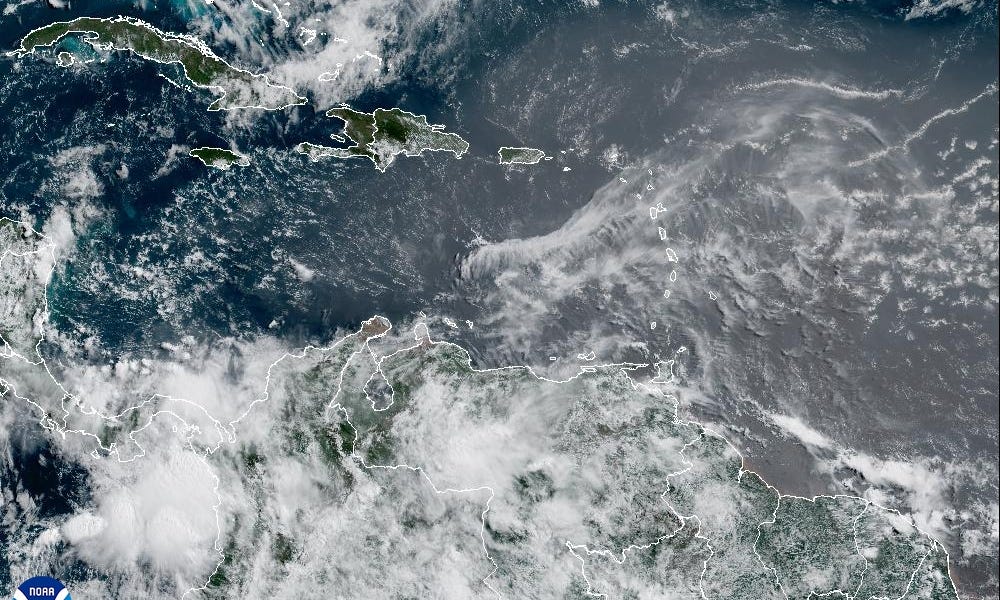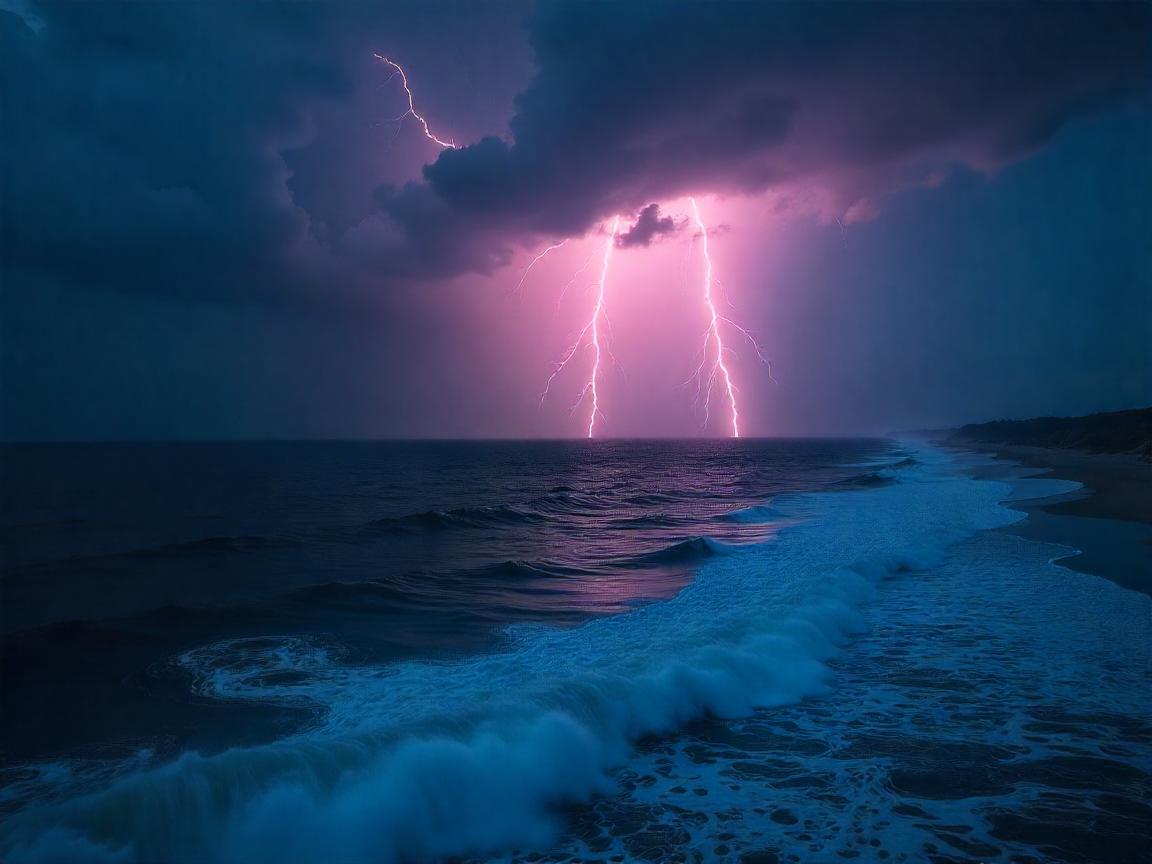Governor marks the start of the 2025 hurricane season in Virginia, urges residents and businesses to prepare for Atlantic Hurricane Season
- June 1st marks the start of the Atlantic hurricane season, and Governor Glenn Youngkin urges residents and businesses across the Commonwealth to take the necessary steps to prepare now.
“As the 2025 Atlantic Hurricane season begins, I encourage Virginians to take the time now to learn more about personal preparedness measures and have a plan to protect themselves and their loved ones from the destruction that these storms can create,” “By implementing these proactive measures, we can protect our homes and businesses, save lives, and recover faster. We urge everyone to have a plan, make an emergency supply kit, and know where you can go for trusted information and updates.”
To ensure that the Virginia Emergency Support Team is prepared to respond and coordinate resources should we see impacts from storms, government agencies, first responders, community organizations, and private sector partners continue regular training and collaboration to ensure a coordinated effort.
“We want to remind Virginians that hurricanes and other tropical systems are not limited to coastlines,” “Some of the most devastating impacts to Virginia have come from systems that originated in the Gulf and traveled inland across our southwestern region. Unfortunately, we experienced this last year with Hurricane Helene. This is why we encourage everyone across the state to be prepared.”
Below are a few critical steps to ensure you and your family’s safety:
Now is the time to review your insurance coverage and contact your insurance agent for any changes. If you are not insured against floods, talk to your insurance agent, shop for private flood insurance, or visit floodsmart.gov. Remember, there may be a waiting period (typically 30 days) for a flood insurance policy to become effective and be aware that not all storm-related losses, such as flooding, are covered under traditional policies. If you are a homeowner or a renter, you need to verify that you have coverage to protect your belongings. It is also imperative that you maintain adequate coverage on all insurance policies to ensure it reflects current home values and replacement costs.
An evacuation may become necessary depending on the track and severity of the storm. Review Virginia’s evacuation zones at KnowYourZoneVA.org. Users can enter their physical address in the search bar of the website to view and confirm their designated evacuation zone.
Prepare for how you will assemble and communicate with your family and loved ones. Identify meeting locations and anticipate where you will go. The Federal Emergency Management Agency guidance on family communications plans is available here.
Assemble an emergency kit that includes nonperishable food, water, medication, sanitary supplies, radios, extra batteries, and important documents. Learn more about building an emergency supply kit here.
Identify where to go for trusted sources of information during emergencies. Check with your local emergency management office to sign up for alerts that go directly to your phone or email. Be sure to monitor local news for watches and warnings in your area and follow the directions of local officials. Power outages are always a concern during weather events, make sure you have a battery-operated radio available so you can still receive life-saving alerts.
There are many resources available to assist with hurricane planning efforts. Learn more about preparing your business, your family, and your property against hurricane threats (and other disasters) at vaemergency.gov/prepare and ready.gov/hurricanes.













